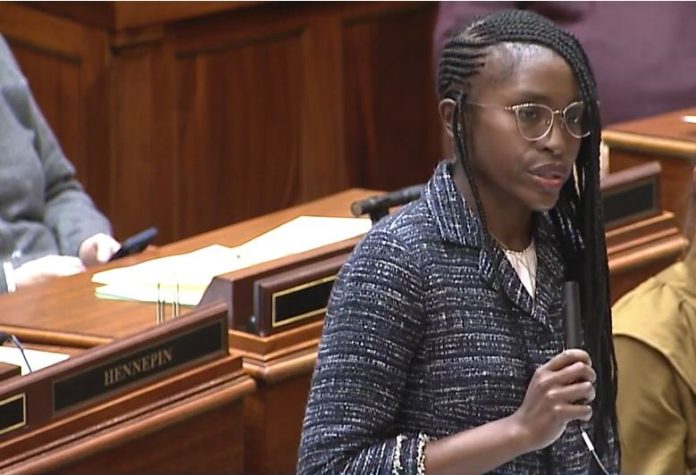
Just two months after elections, Minnesotans are feeling the effects of a Democratic-controlled Minnesota legislature, with the passing of the long-awaited CROWN Act. The bill prohibits hair-based discrimination toward individuals seeking employment, housing, and other public assistance programs and services, according to the Library of Congress.
“The CROWN Act will ensure that no Minnesotan, now or in the future, can be discriminated against because of their natural hair,” said Bobby Joe Champion, chief author of the bill and the first Black president of the Minnesota Senate. “This kind of discrimination disproportionately affects Black women, who deserve to experience a welcoming environment in our state.”
CROWN Coalition has been leading a national campaign to outlaw discrimination against natural hair. CROWN is an acronym for Creating a Respectful and Open World for Natural hair, according to the coalition’s website. The act was first passed at the federal level in September 2020, and has since been adopted by 19 other states, according to the Minnesota House of Representatives. In Minnesota, the House previously passed the CROWN Act in 2020 and 2022, but it was ultimately rejected by the Republican-controlled Senate. But in November, Democrats achieved a trifecta, giving them control of the governorship, the Senate, and the House, which paved the way for the CROWN Act to sail smoothly at all legislative levels.
The bill identifies hair-based discrimination as racial discrimination. It says that hair styles viewed generally as unique to Black people, such as “tightly coiled or tightly curled hair, locks, cornrows, twists, braids, Bantu knots, and Afros” are often subject to more scrutiny in school, work, and other public settings.
In a statement, the People of Color and Indigenous caucus in the Minnesota legislature, said that the CROWN Act, added to the existing Minnesota Human Rights Act a definition of race that is “inclusive of natural hairstyles and textures.” The statement also called out racial discrimination against Black natural hair, saying it “harms the African heritage community and hinders the overall potential and productivity of Minnesota’s economy”.
“Recognizing the right to wear natural hair in the workplace is another step toward creating a more inclusive Minnesota,” Champion said.
Assistant Majority Leader Esther Agbaje, the Nigerian American representing District 59B in the Minnesota House of Representatives, said she was proud of her colleagues for the passage of the CROWN Act. Agbaje, who was the chief author of the companion bill in the House of Representatives, also said that hair had been used as a proxy for race to deter qualified and talented individuals from applying for jobs and showing up to spaces as their authentic selves.
“The passing of the CROWN Act signifies our commitment to ensuring every Minnesotan, especially our young children from Black and Brown communities, are given the opportunity to be themselves and feel empowered to be themselves,” Agbaje said.
Gov. Tim Walz is expected to sign the bill into law in the coming weeks.
“Great nations do not ignore their most painful moments,” Champion said. “They face them. This is about acknowledging our nation’s struggles, celebrating our history, and recognizing the importance of forging our future together.”
About Panashe Matemba-Mutasa, Mshale Reporter
Panashe is a general assignments reporter. She is a graduate of the University of Minnesota and a UC Berkeley Graduate School of Journalism Class of 2025.









